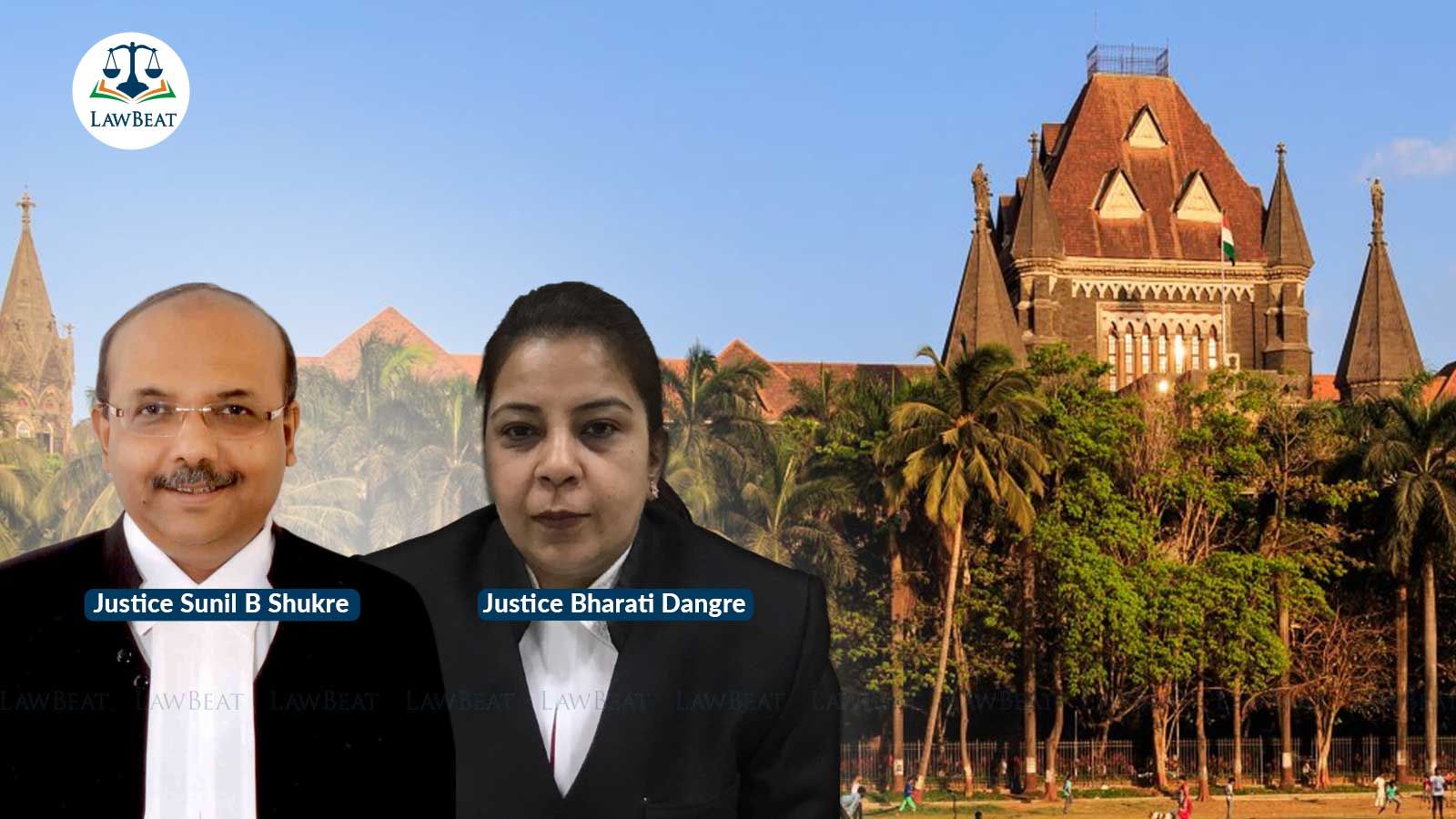Doctrine of Fraud On Court Applies When There Is Suppression of Material Facts Or Documents With Potential To Alter Decision: Bombay High Court

The high court noted that although the petitioner did not explicitly state that the letter was in accordance with the liberty granted by the court in the earlier proceedings, it can be inferred that this was indeed the case due to the granted liberty
A division bench of the Bombay High Court, consisting of Justice Sunil B Shukre and Justice Bharati Dangre, recently held that the doctrine of fraud on the court pertains to the concealment of significant facts or documents capable of influencing the court's decision.
“In order that the doctrine of fraud is applied, there must be suppression of facts or documents and those facts or documents must be so important and so material that in the absence of those facts or documents no effective decision could be made or if made, it would be patently unjust. In other words, the suppression must be of material facts or documents and only those facts or documents are material which have the potential to alter the decision or change the perspective of the decision, if brought on record by disclosure or filing,” the court said.
The high court considered a review plea filed by the Indian Oil Corporation, in which the corporation argued that the petitioner had not revealed the existence of a previous writ petition, which formed the basis for the petitioner's subsequent letter seeking employment from the corporation. The corporation contended that this omission amounted to fraud being played on the court.
However, the court's order clarified that the previous petition filed by the petitioner and his mother was not dismissed, but rather disposed of with the provision that they could approach the respondent corporation in case of any future vacancy.
The division bench further noted that although the petitioner did not explicitly state that the letter was in accordance with the liberty granted by the court in the earlier proceedings, it can be inferred that this was indeed the case due to the granted liberty. Therefore, the court concluded that it does not qualify as a clear instance of suppressing a material fact.
The high court while refusing to stay the operation of the order observed that there was no fraud played upon the court.
“Such being the factual background of the writ petition, we do not think that there was suppression by petitioner of any such fact as would have had a material bearing upon the decision under review, and then it follows that there was no fraud played upon the Court,” the court observed.
Case title: IOC vs Dattatray Eknath More & Ors
